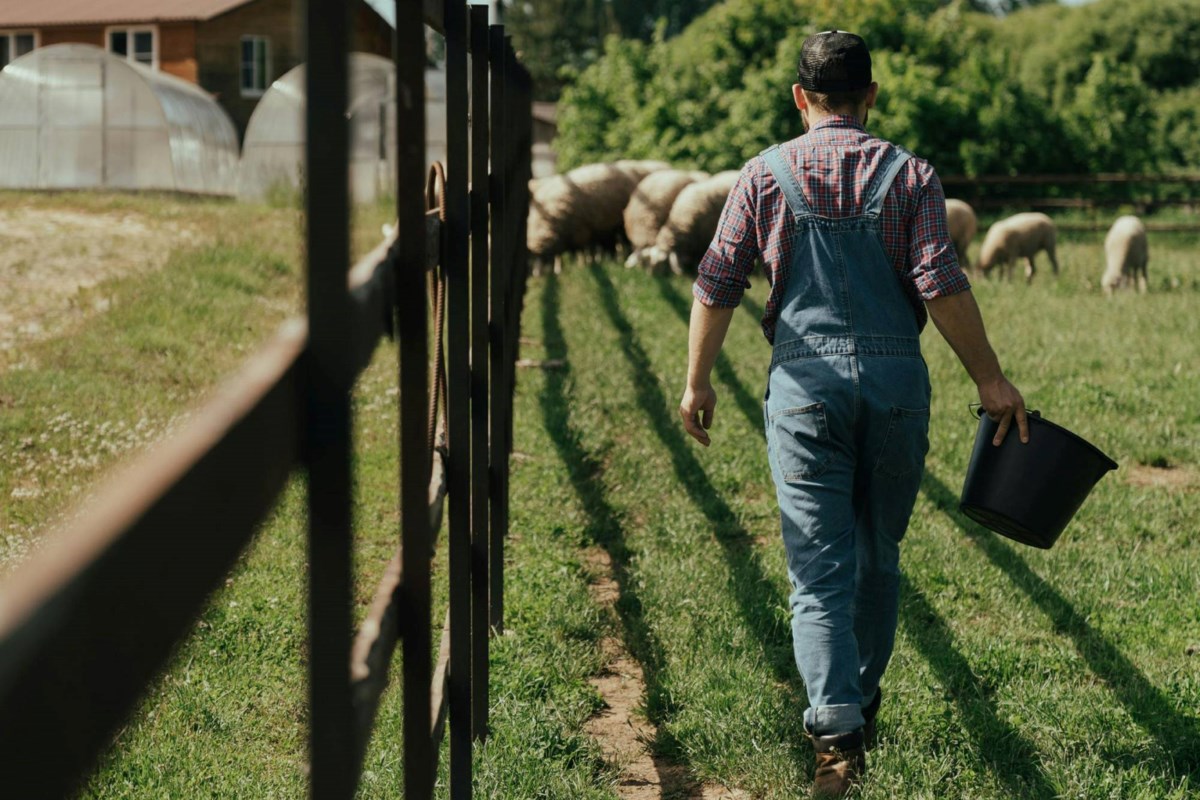
Just as farmers need the right implements to tend to their livestock and crops, so do they need the right tools to keep their mental health in balance.
Chris Coulombe, a mental health educator with the Sudbury-Manitoulin branch of the Canadian Mental Health Association (CMHA), spoke about mental wellness in agriculture, along with some tools available to producers, during the 2024 Northern Ontario Ag Conference in Sudbury on Feb. 13.
Talking about mental health often means having difficult conversations, Coulombe noted. But producers shouldn’t feel stigmatized if they feel they need help managing stress, anxiety or other factors that may impact their mental wellness.
“One in three Canadians in any given year are diagnosed with a mental illness,” Coulombe said. “So it’s not rare. It’s not uncommon. It’s OK to ask for help.”
Andria Jones-Bitton, a researcher and professor with the Ontario Veterinary College, found in a 2016 study that 35 per cent of farmers meet the classification of depression, and 45 per cent of farmers report high stress in their lives, Coulombe noted.
Additional research in 2021 found that the numbers had not improved, he said, and the majority of farmers were categorized as having hazardous levels of consumption of alcohol to cope with stress.
Weather, finances, productivity, commodity prices, family dynamics and more can all contribute to stress and anxiety, Coulombe said.
Some people feel they’re resilient enough to cope on their own, but eventually there is a breaking point, he said, and that’s when people need to reach out for help.
“It’s OK to not be OK,” Coulombe said. “I think that’s probably a message that we have heard, but we need to continue to hear that ‘I don’t have to be OK all the time. I don’t have to be happy all the time.’”
Stress can manifest as chronic pain, absenteeism, decreased productivity, low morale, among other symptoms. And extreme stress can lead to mental illness.
But being diagnosed with a mental illness is not a “life sentence,” Coulombe said. It actually provides an opportunity to bounce back, because support is available.
“We’re starting to have conversations about the fact that mental illness is like any other illness and they are treatable.”
To help deal with stress, Coulombe encouraged producers to practise self-care — whatever that looks like for them.
It could be eating properly, getting more physical exercise, doing breathing exercises, or practising meditation.
Something as simple as “box breathing” — breathing in for four seconds, holding for four seconds, exhaling for four seconds, and holding for four seconds — can help someone find calm and re-centre their thinking, he said.
There are additional supports available that producers can access if they or their loved ones are experiencing a mental health challenge.
“So how to support mental health in the ag community?” Coulombe said. “Talk about mental health, know your resources, get involved in some of the programs that are available. There’s no cost to any of these services.”
Mental health resources include:
- Farmer Wellness Initiative provides Ontario farmers, farm families, farm employees, and spouses and dependents of farm employees with free, unlimited mental health counselling, specific to the unique challenges that can be experienced by the agricultural community.
- ConnexOntario provides free and confidential health services information for people experiencing problems with alcohol and drugs, mental illness or gambling by connecting them with services in their area.
- 9-8-8 Suicide Crisis Line is a new, three-digit suicide prevention helpline that will take calls and texts, 24/7 anywhere in Canada.
- Guardian Network is a volunteer, peer-driven community of mental health advocates that supports Ontario’s farming community.
- In the Know is a mental health literacy program designed specifically for farmers, their families and those who are involved in and/or support the agriculture sector.
